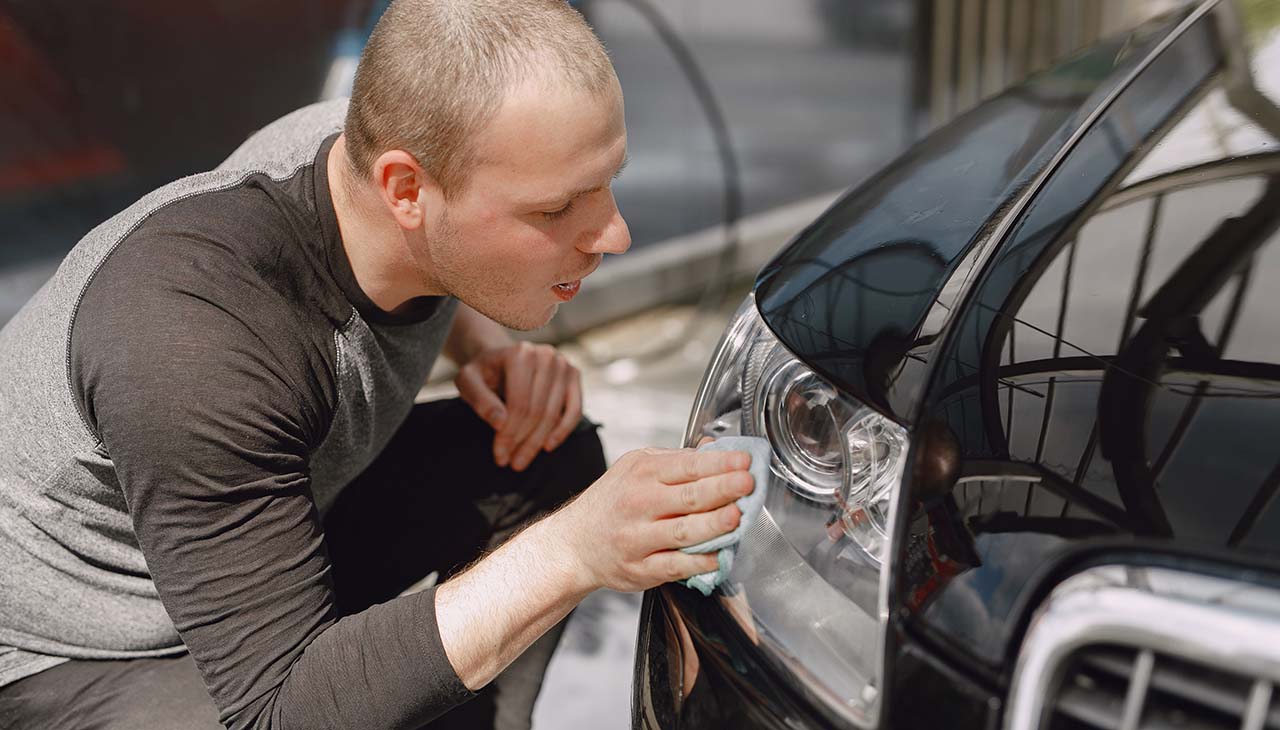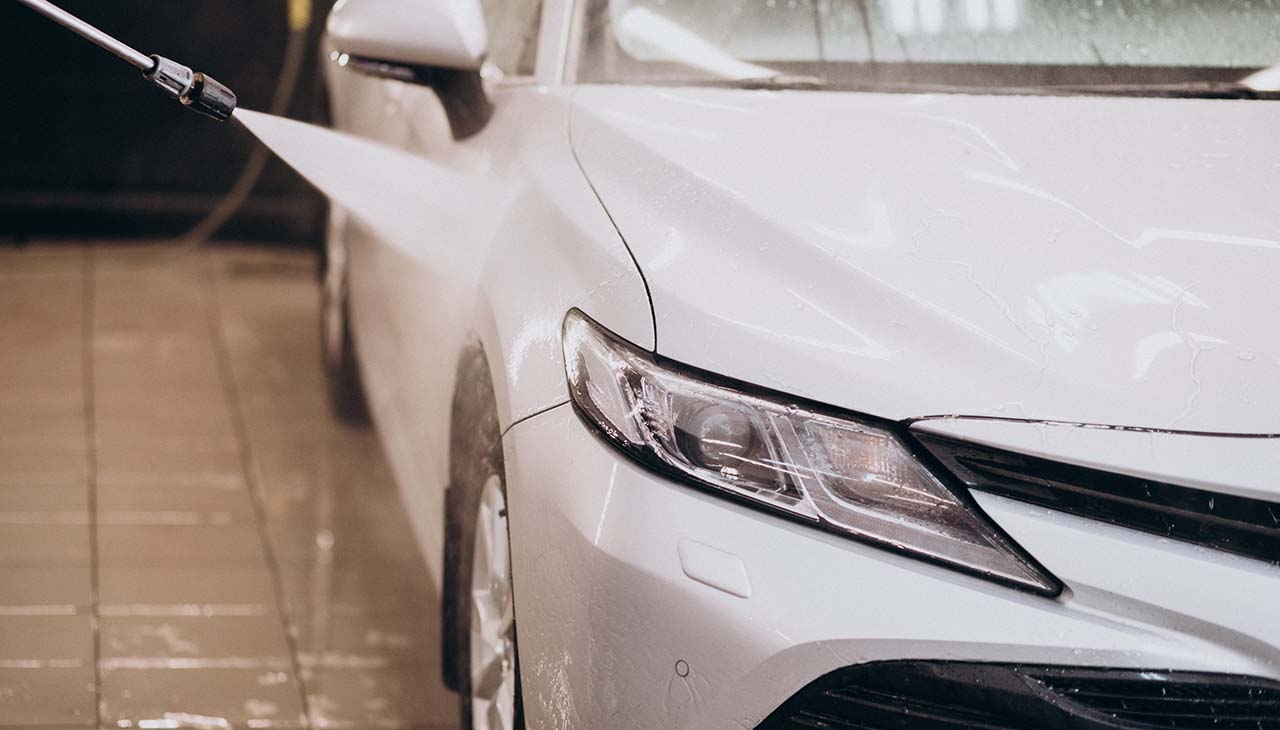Introduction
Owning a car is a significant investment, and like any valuable asset, it requires proper care and maintenance to ensure longevity. Understanding how to protect your car from seasonal damage is essential for all car owners, whether you’re an automotive enthusiast or a seasonal traveler. This guide will walk you through the various ways different seasons can affect your vehicle and provide practical tips to keep it in top shape year-round.
Understanding Seasonal Impact
How Seasons Affect Your Car
Different seasons bring unique challenges for your vehicle. From the scorching heat of summer to the icy grips of winter, every season can take a toll on your car’s performance and condition. Understanding these impacts can help you take proactive steps to maintain your car.
Real-Life Examples
Consider John, a car owner from Michigan, who ignored winter preparations. His car’s battery failed during a snowstorm, leaving him stranded. On the flip side, Sarah from Arizona didn’t prepare her car for summer, resulting in an overheated engine during a family road trip. These examples highlight the importance of seasonal car care.
Case Studies
A study by the National Institute for Automotive Service Excellence found that cars subjected to severe seasonal conditions without proper maintenance had a 20% higher chance of breakdowns. This statistic underscores the need for seasonal car care.
Winter Car Care
Preparing for Winter
Winter is perhaps the harshest season for cars. Ensuring your vehicle is winter-ready involves multiple steps:
- Tires – Invest in winter tires that provide better traction on snow and ice.
- Antifreeze – Check and top up your antifreeze levels to prevent the engine from freezing.
- Battery – Cold weather can drain your battery faster; ensure it’s in good condition.
Driving in Winter Conditions
Winter driving requires caution. Reduce your speed, increase your following distance, and always keep an emergency kit in your car. Consider using a remote starter to warm up your car before driving.
Additional Tips
Keep your gas tank at least half full to prevent fuel lines from freezing. Regularly check your windshield wipers and replace them if necessary to ensure clear visibility.
Summer Car Care
Getting Ready for Summer
Summer brings its own set of challenges. Here’s how to prepare:
- Cooling System – Ensure your cooling system is functioning correctly to prevent overheating.
- Air Conditioning – Check your AC and get it serviced if it’s not cooling effectively.
- Tires – Inspect your tires for wear and tear, as hot pavement can exacerbate existing issues.
Long Summer Road Trips
If you’re planning a road trip, ensure your car is ready for the long haul. Check your oil levels, inspect your brakes, and make sure all lights are functioning. Keep an eye on the temperature gauge during the trip to prevent overheating.
Overheating Prevention
Overheating is a common issue in summer. Always carry extra coolant, and if your car starts to overheat, pull over and turn off the engine. Wait for it to cool before checking the coolant levels.
Fall and Spring Maintenance
Seasonal Maintenance Tasks
Fall and spring are transitional seasons that require specific maintenance tasks:
- Fall – Prepare for colder weather by checking your heating system and ensuring your tires are ready for wet conditions.
- Spring – After a harsh winter, inspect your car for any damage and perform a thorough cleaning to remove salt and debris.
Transitioning Between Seasons
Transitioning between seasons involves a few key steps. Before winter, switch to winter tires and check your battery. Before summer, replace your wipers and check the AC. These small tasks can prevent significant issues down the road.
What to Do Before and After Each Season
Before the onset of winter, ensure your car’s heating system is working, and after winter, check for any signs of rust. Similarly, before summer, inspect your cooling system, and after summer, check for any damage caused by heat.
Protecting Your Car’s Exterior
Paint Protection
Seasonal changes can affect your car’s paint. In winter, salt and grit can damage the paint, while in summer, UV rays can cause fading. Regular washing and waxing can protect the paint from these elements.
Body and Undercarriage Protection
The undercarriage is often overlooked. In winter, salt can cause rust, and in summer, dirt and grime can accumulate. Regular cleaning and applying an undercoat can protect these areas.
Additional Tips
Consider using a car cover, especially if you don’t have a garage. This can protect your car from the elements year-round. Also, park in the shade during summer to prevent UV damage.
Conclusion
Seasonal car care is not just about maintaining your vehicle; it’s about ensuring your safety and the longevity of your car. By understanding the impact of different seasons and taking proactive measures, you can keep your car running smoothly all year long.
If you’re unsure about any aspect of seasonal car care, consider seeking professional help. Regular check-ups with a trusted mechanic can prevent small issues from becoming major problems.
Feel free to share your own tips and experiences in the comments below, and don’t forget to book a call with our experts to get personalized advice tailored to your car’s needs. Happy driving!

